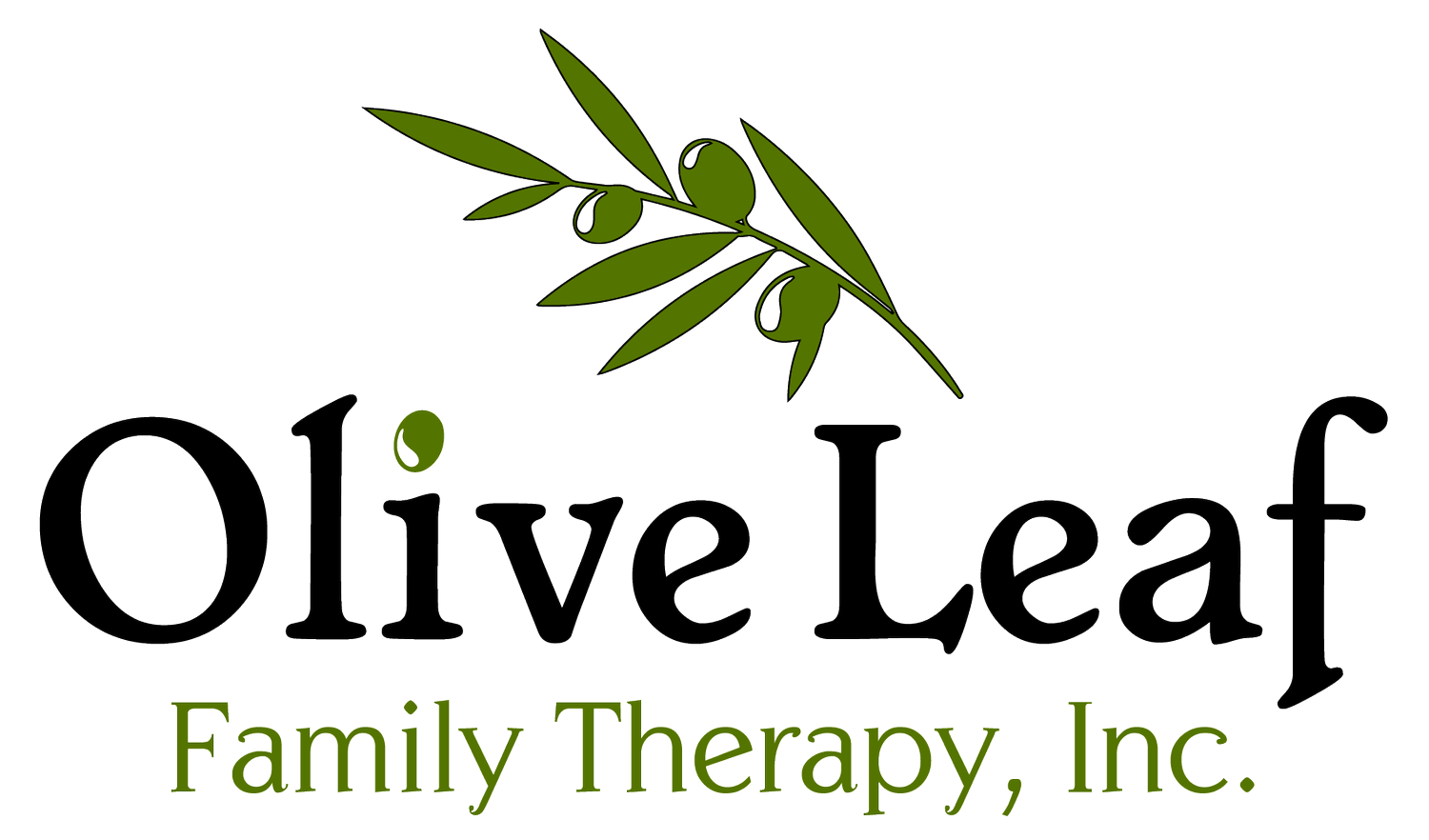Embracing Parenthood: Essential Wisdom for Couples
Welcoming a child is a profound journey for people. As someone who has guided many couples through this transition, I have noticed that preparation goes far beyond nursery decor and birth plans. So, let us explore three insights that can strengthen your relationship as you embark on this extraordinary journey.
1. Embrace the Evolutions of Your Partnership
The moment you discover you are expecting, your relationship begins to evolve or simply “change.” This transformation is natural and essential. Below you will see a list of potential adaptations.
Expect these changes:
- Conversations will shift to focus on parenting values and philosophies.
- Physical and emotional intimacy may change in surprising ways during pregnancy.
- Household roles and responsibilities may need reevaluation.
- Financial priorities will shift to accommodate your growing family.
- Decision-making processes will change as you consider your child's needs.
These changes are not signs of trouble but opportunities to deepen your connection and assess areas needing added support. Couples who embrace these shifts with curiosity towards each other's experiences (instead of avoiding /resisting) find their relationship growing stronger.
When able, embrace and adapt to the evolutions and communicate curiosities and emotions accordingly. This will help build a solid foundation of trust and confidence in the relationship and family unit.
2. Navigate Emotional Fluctuations Together
Pregnancy brings a mix of emotions that affect both partners differently and the relationship at large. Below are common self-reported experiences in a couple's relationship in therapy.
- Mood swings in both partners.
- Concerns about your abilities as future parents.
- Excitement mixed with apprehension about impending changes.
- Old family patterns may resurface.
- Feelings of loss for your pre-parent identity.
One effective strategy to address these challenges involves creating a safe space or environment where emotions are shared without judgment. So, if uncertainty arises, try taking deep breaths and implement active listening strategies to hear each other's words instead of offering immediate reassurance, rejection, or solution(s). For more information on how to do this, begin or tailor individual therapy sessions to practice active listening skills. It is okay to use therapy environments to help improve your communication skills in relationships of all types, especially during adjustments like those discussed here today.
3. Strengthen Your Connection to Build Resilience
The early days of parenthood will test even the strongest relationships. Strengthening your emotional bond during pregnancy can build resilience for the challenges ahead. I truly recommend nurturing this relationship-based connection as if it were an organic organism itself.
Try these practices:
Schedule regular emotional check-ins about your feelings toward the transition.
Create rituals honoring your partnership before your focus shifts to the baby.
Discuss expectations for practical and emotional support, especially postpartum.
Practice clear communication and make direct requests for support.
Create a shared vision of your family values and how to embody them as parents.
Take an interest in being open about any bodily changes experienced to help educate your partner on psychological adaptations.
Never underestimate the power of prolonged eye contact, physical touch, and general activity/engagement, as these experiences create feel-good chemical reactions in the body experienced by the couple and baby.
The target is to enjoy time expressing appreciation for each other and your relationship. This ongoing practice fosters a positive atmosphere that can help you navigate challenges together.
Conclusion
The best parents are not those who plan every detail, like we often see in the media. Professionally, clinicians recommended leaning into uncertainties and the evolution using vulnerability and honesty to reinforce a relationship that supports your partnership and the emotional health of your family for years to come.

